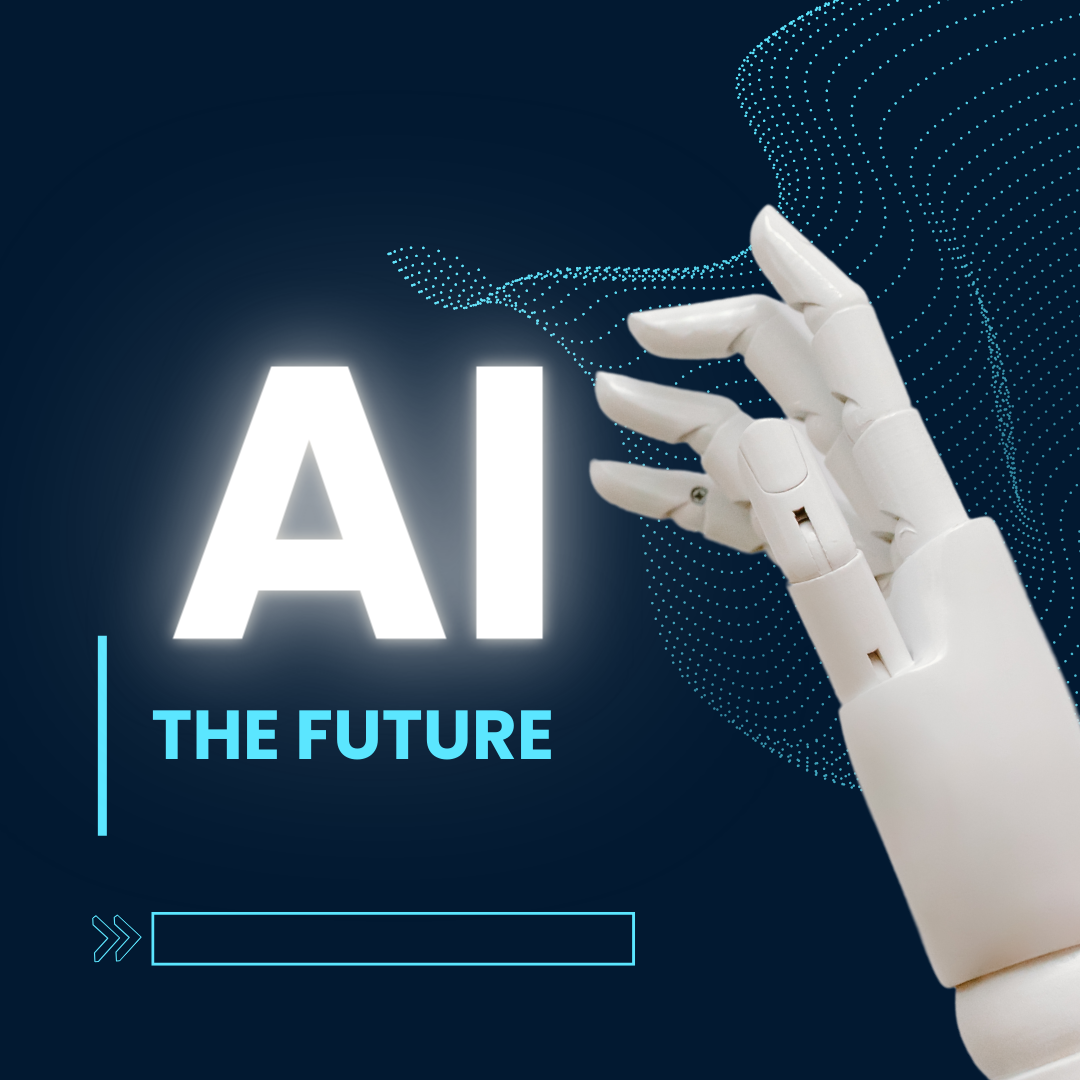The future of healthcare is being reimagined and reshaped by artificial intelligence (AI). With transformative applications ranging from diagnostics to personalized medicine, AI holds the potential to revolutionize not just treatments, but the entirety of the patient journey. Let's explore the avenues through which AI is heralding a new era in the medical domain.
1. Enhanced Diagnostics with Imaging:
Medical imaging, including MRI, X-ray, and ultrasound, has been benefiting from the integration of AI. With the help of deep learning, AI can sift through the myriad of images to pinpoint abnormalities that might be too subtle for the human eye. This increased precision means that diseases can be caught at earlier stages, thus increasing the chances of successful treatment and recovery.
2. Personalized Medicine and Treatment:
AI-driven analytics can analyze a patient's genetic makeup, lifestyle, and other data points to suggest a personalized treatment plan. This bespoke approach ensures that patients receive the right treatment, tailored specifically to their needs and conditions.
3. Predictive Analysis for Proactive Care:
Using AI algorithms, healthcare professionals can now predict the potential outbreak of diseases within communities or foresee complications in individual patients. Such proactive measures can lead to preventive care, thus reducing the burden on healthcare systems and saving lives in the process.
4. Drug Discovery and Development:
Traditionally, drug discovery is a long, expensive, and often uncertain process. With AI, pharmaceutical companies can analyze vast datasets, predict how different compounds can behave, and identify potential drug candidates at a much faster rate.
5. Virtual Health Assistants:
From answering patient queries to setting up appointments, virtual health assistants are already making the healthcare process smoother and more efficient. In the future, these assistants might be equipped to monitor patient vitals in real-time, sending alerts in case of any anomalies.
6. Remote Patient Monitoring:
Wearable devices, when combined with AI, can provide continuous health monitoring for patients. Such systems can detect irregularities, from heart rhythms to glucose levels, and alert patients or healthcare providers, thus ensuring timely interventions.
7. Addressing Mental Health:
AI-powered apps and platforms are emerging as effective tools to support mental health. They can provide immediate feedback, therapeutic exercises, or simply listen, making mental health resources more accessible to all.
Challenges Ahead:
While AI in healthcare promises a transformative journey, there are significant challenges ahead:
Data Privacy: With increasing data collection, ensuring patient privacy becomes paramount.
Ethical Considerations: From biased algorithms to the potential for misdiagnosis, the ethical implications of AI in healthcare are vast and complex.
Integration with Existing Systems: Seamless integration of AI-driven solutions with traditional healthcare systems is essential to ensure that the benefits are maximized.
Regulations and Standards: To ensure the safe application of AI in healthcare, strict regulations and standards need to be established.
In conclusion, the future of AI in healthcare is not just promising; it's transformative. While challenges exist, the potential benefits — in terms of efficiency, precision, and accessibility — are undeniable. As we stand on the brink of this healthcare revolution, it is our collective responsibility to ensure that it is steered in a direction that maximizes patient care and wellbeing.

